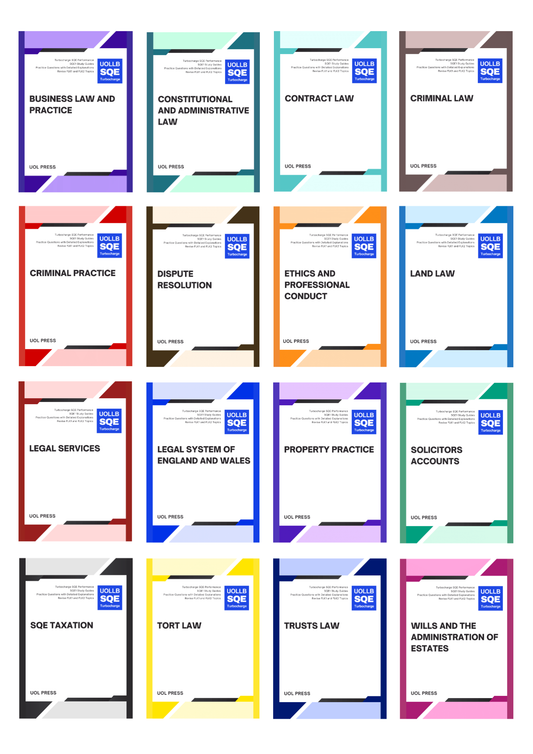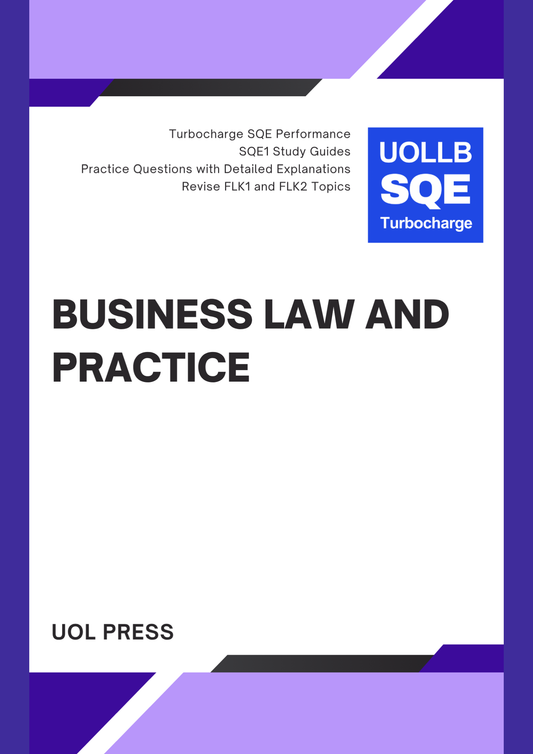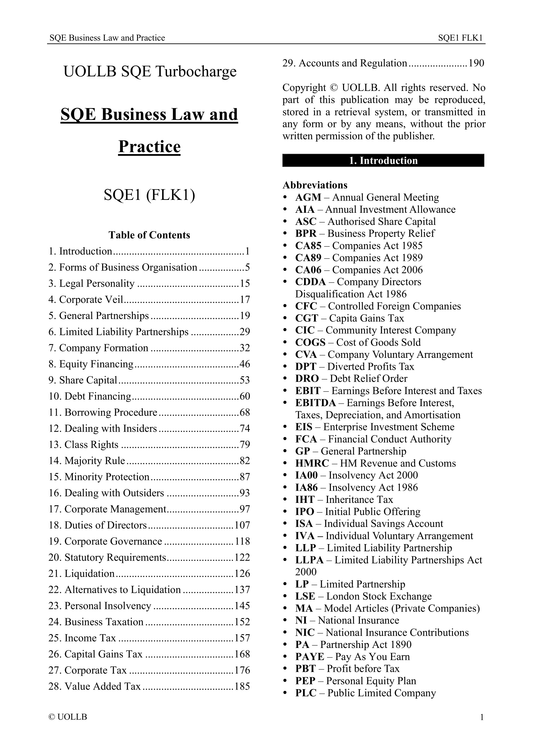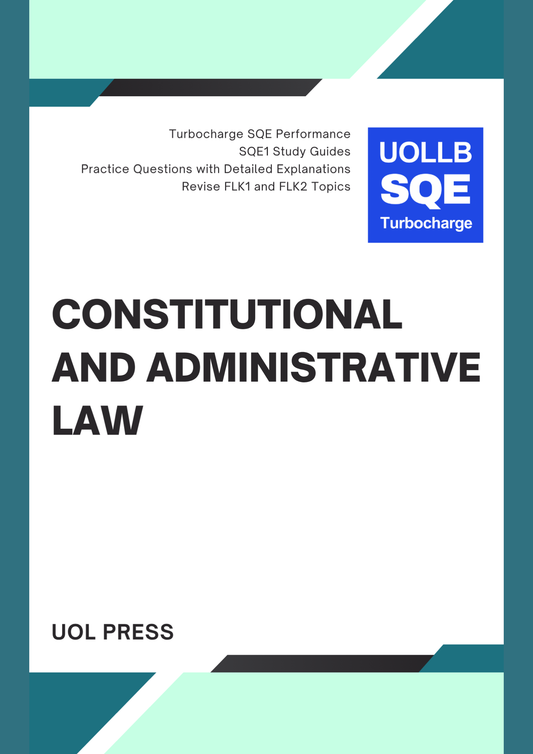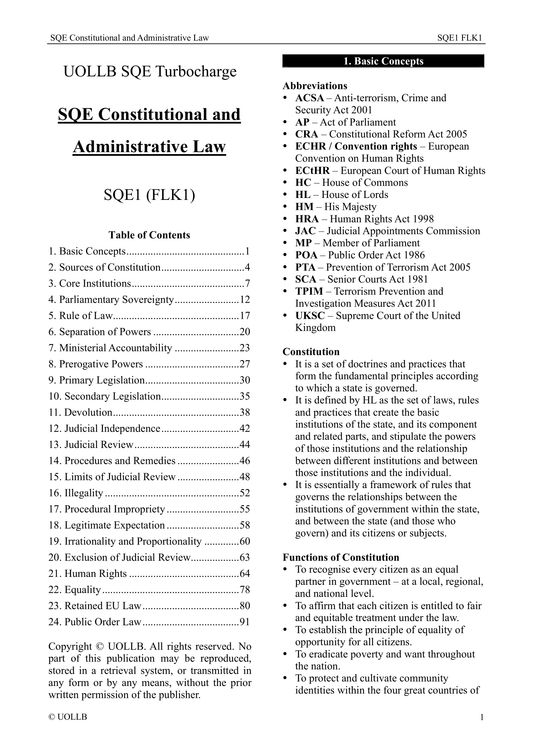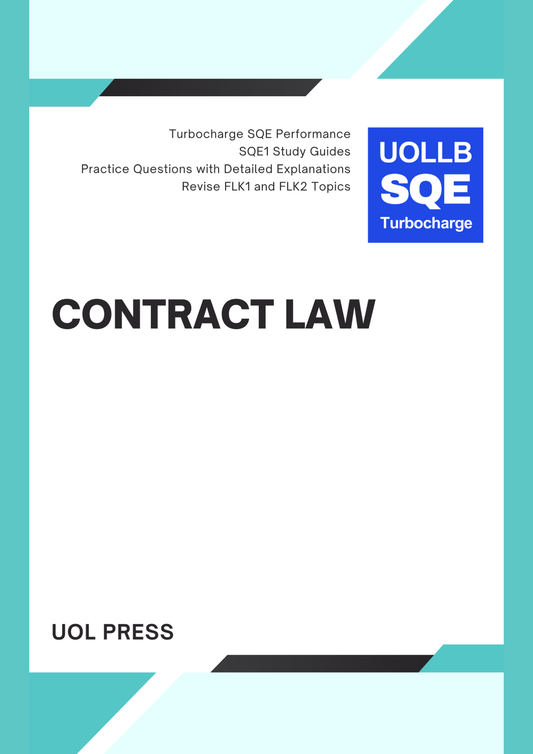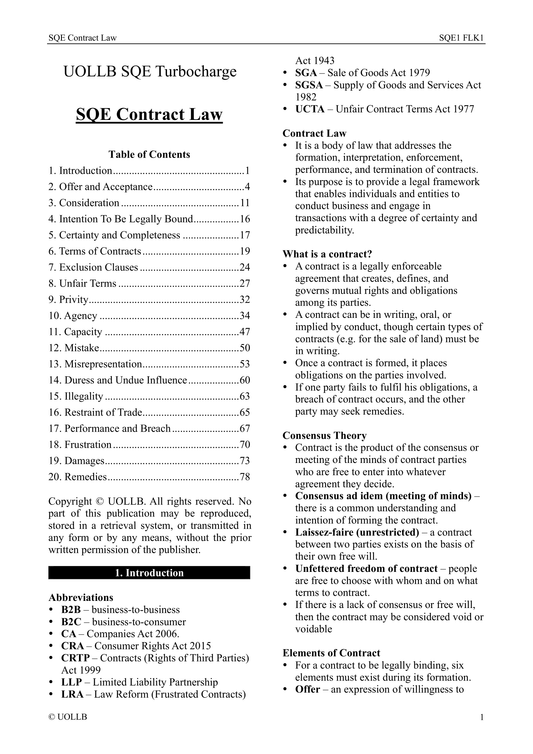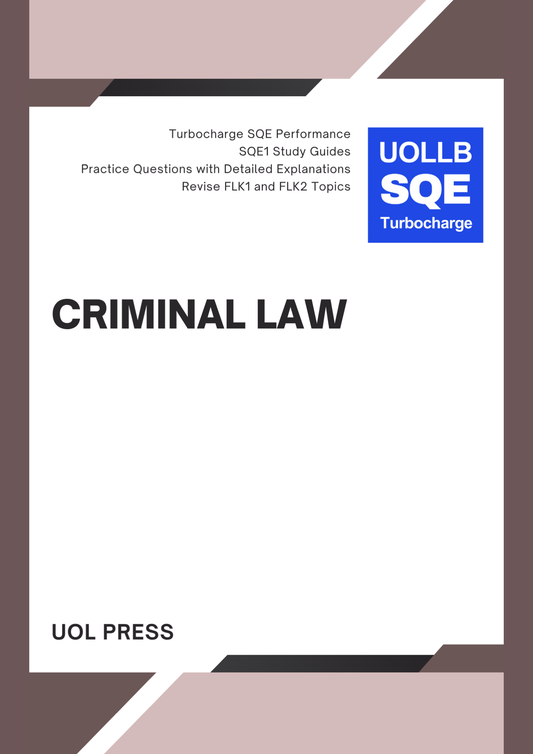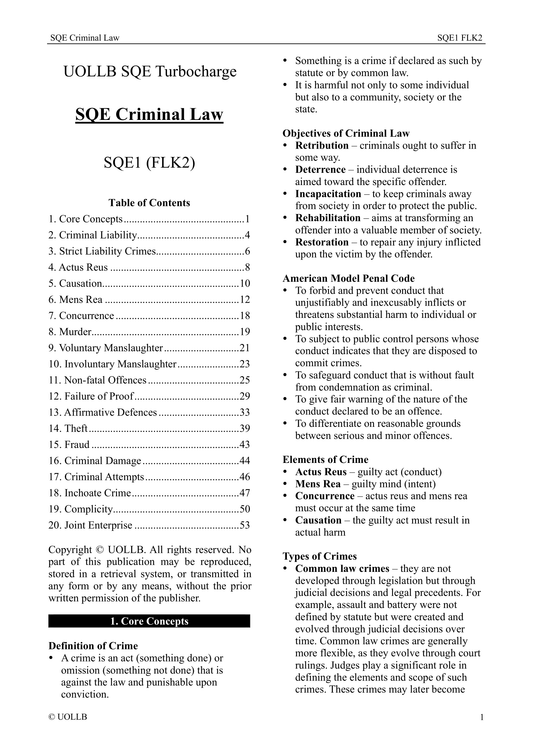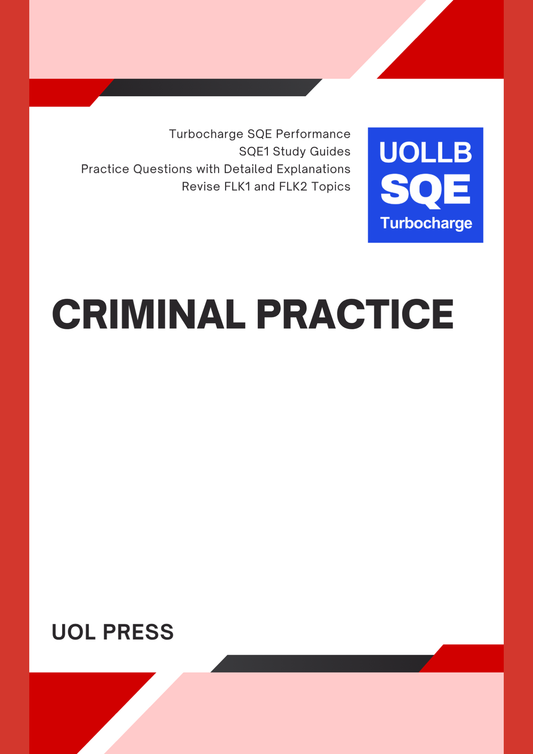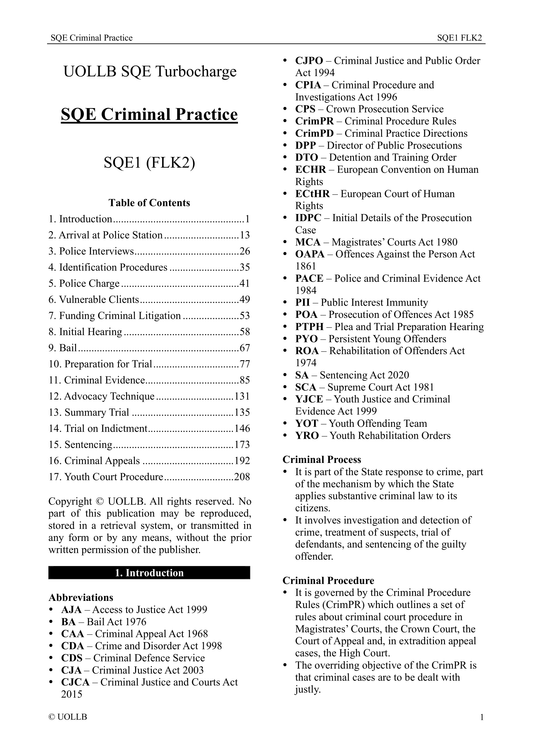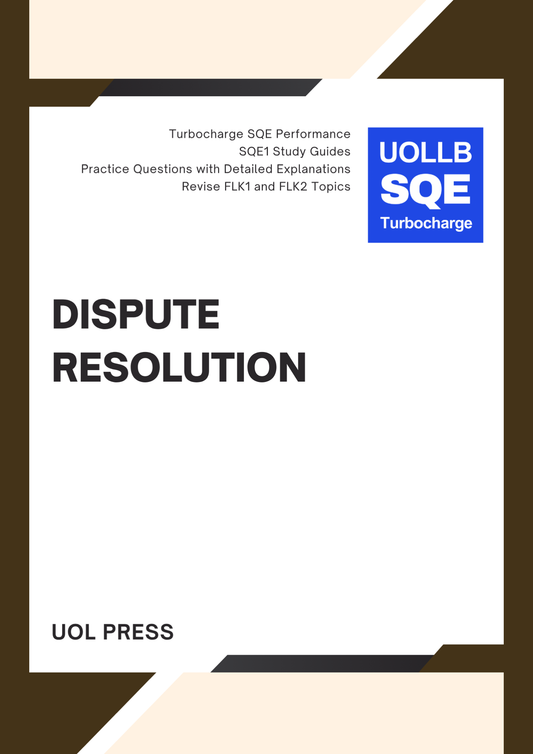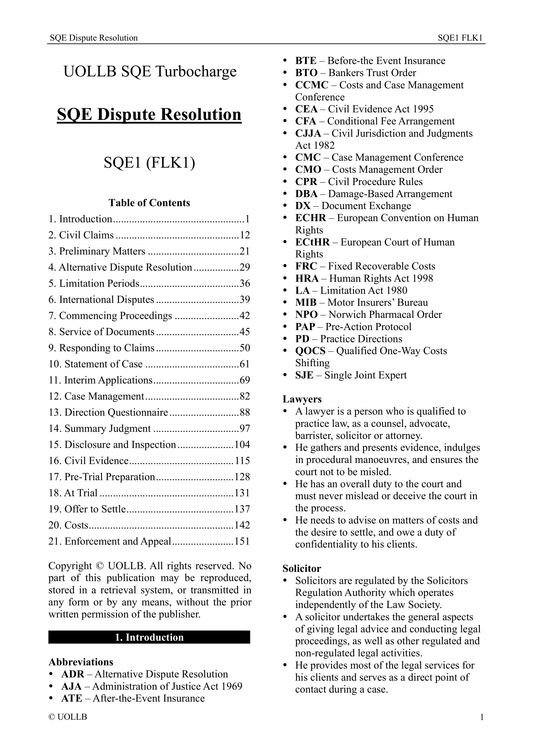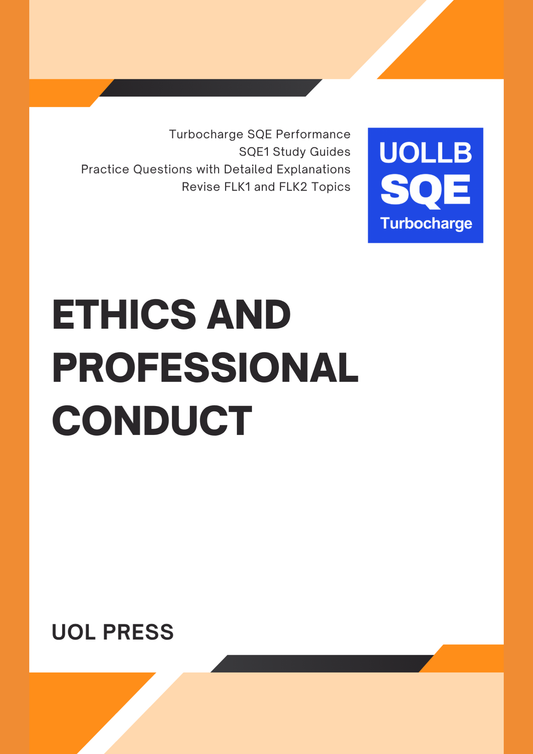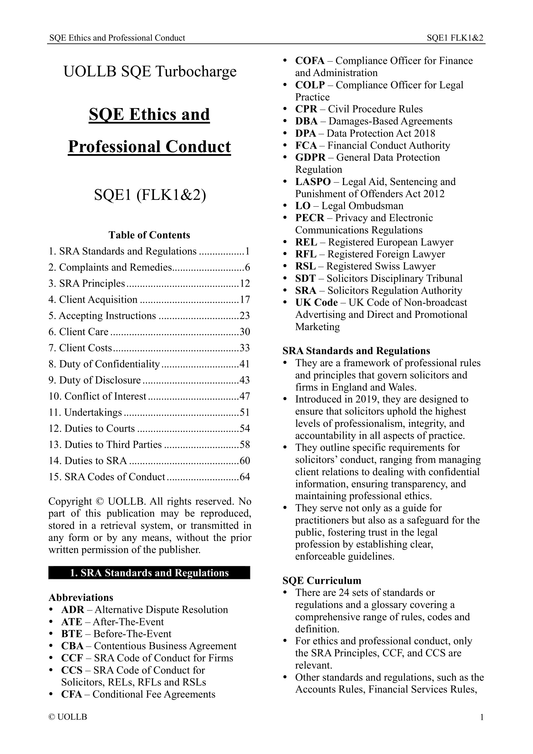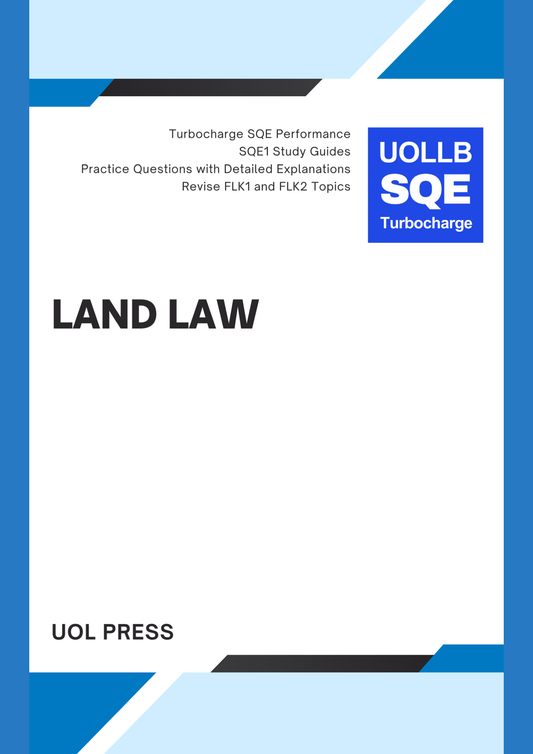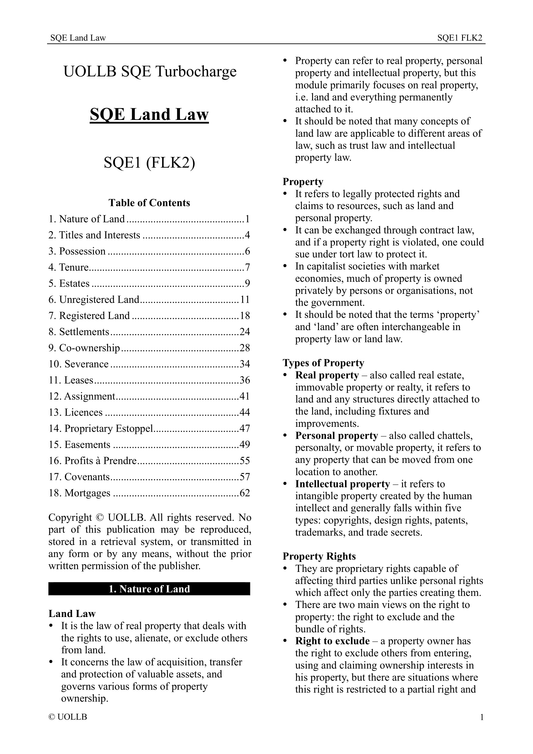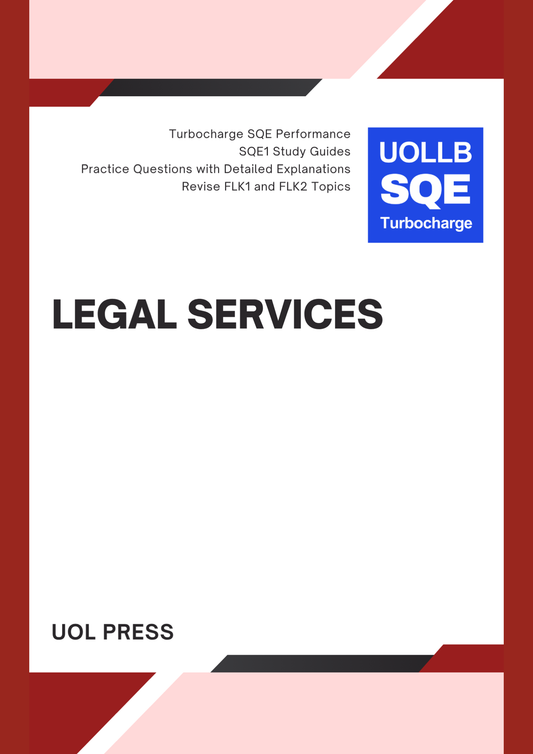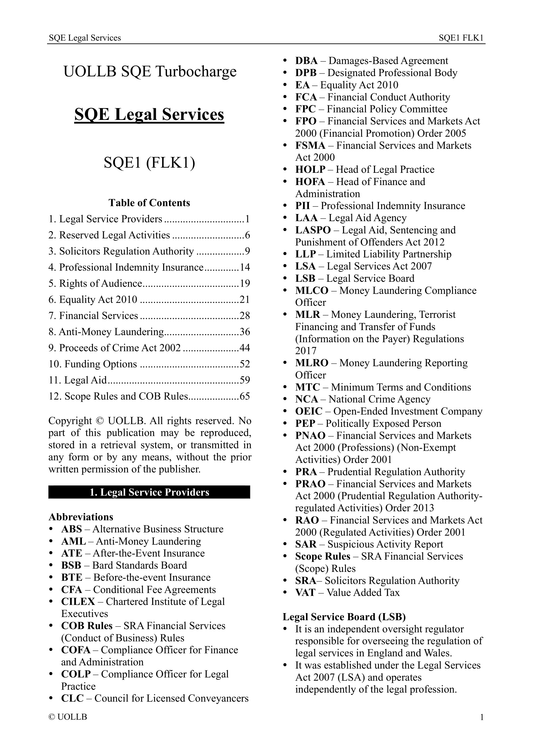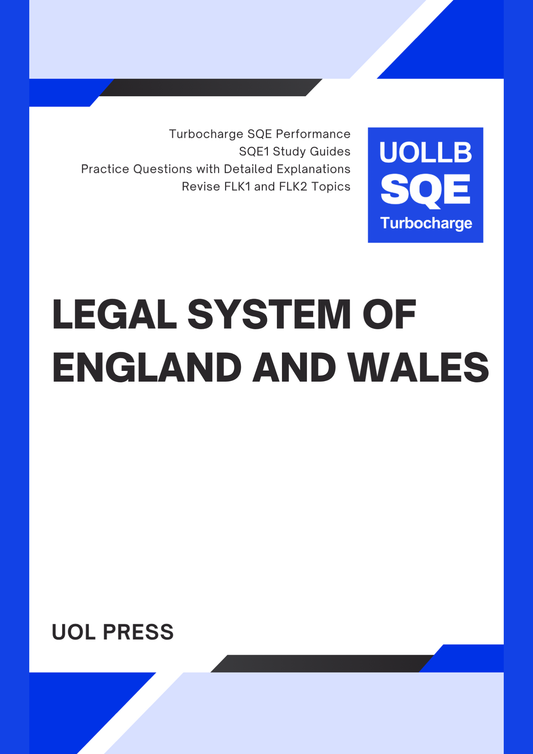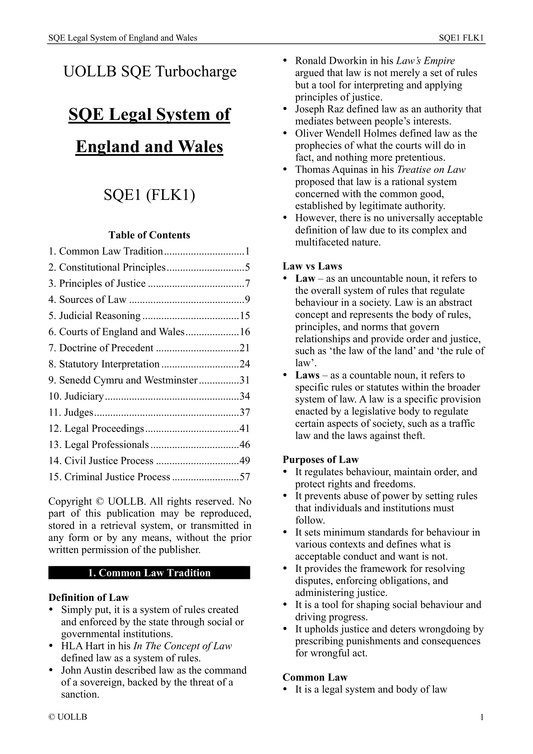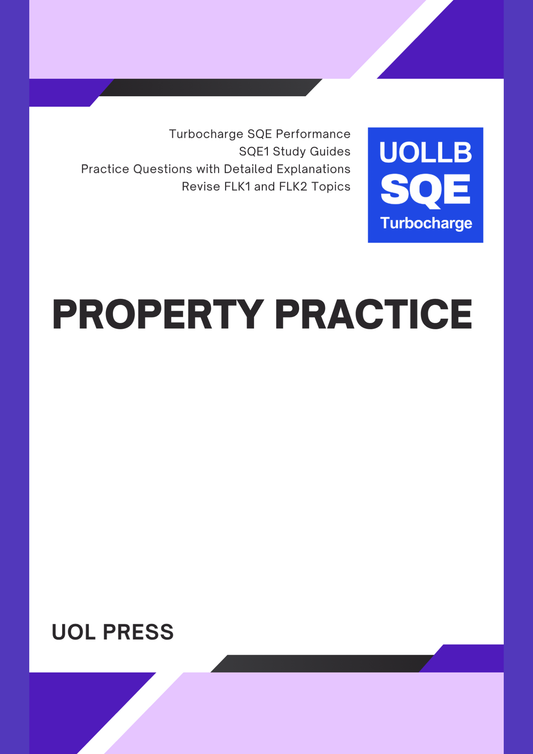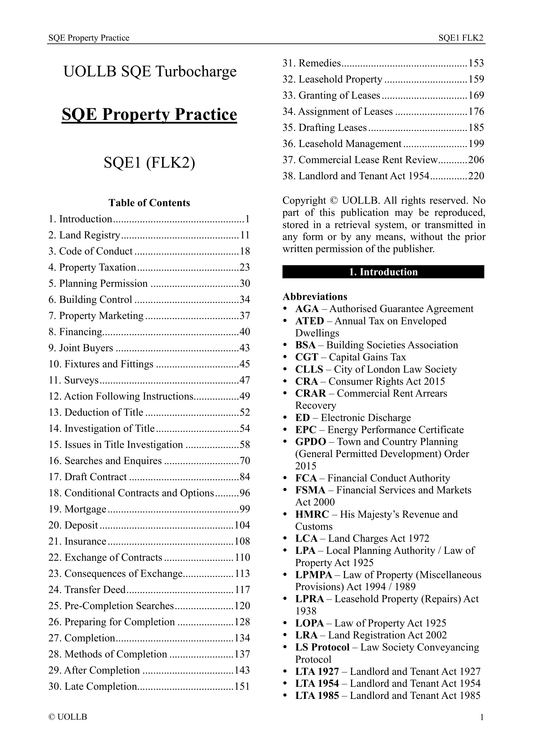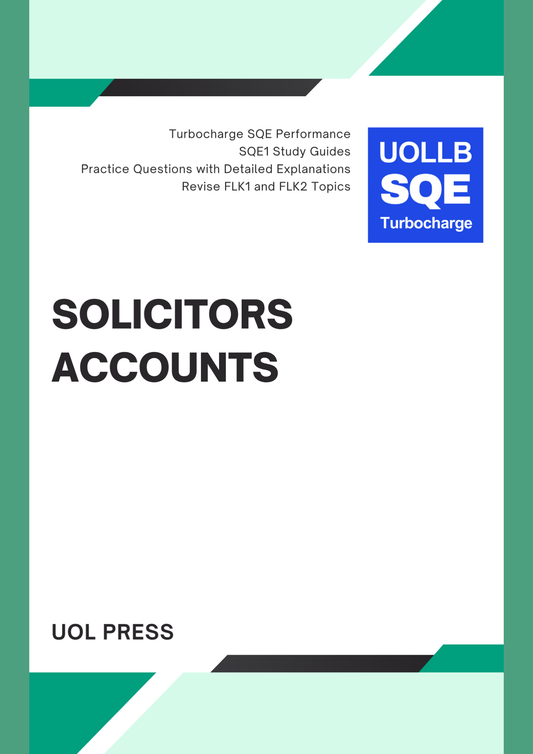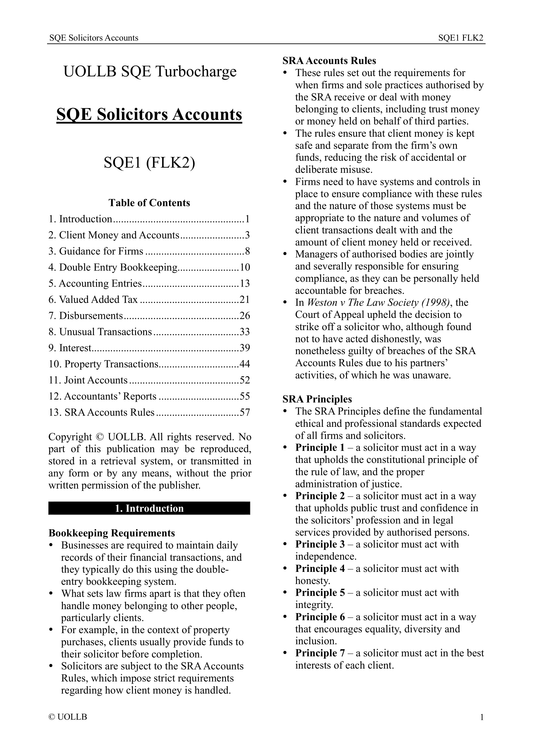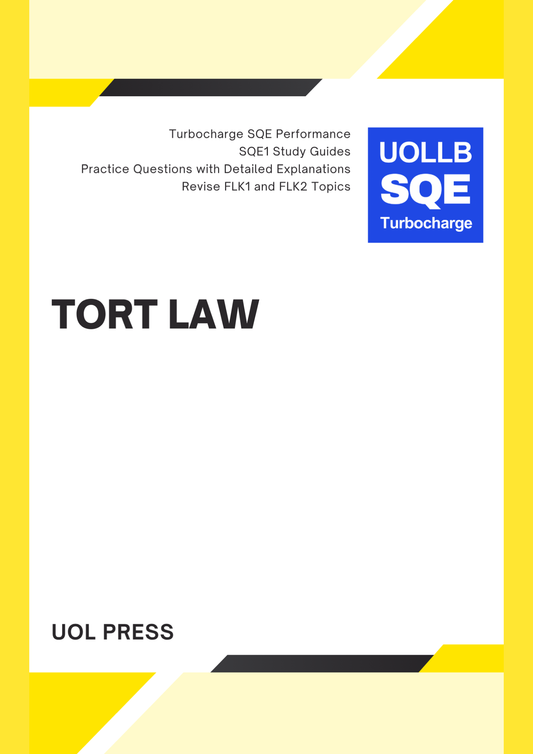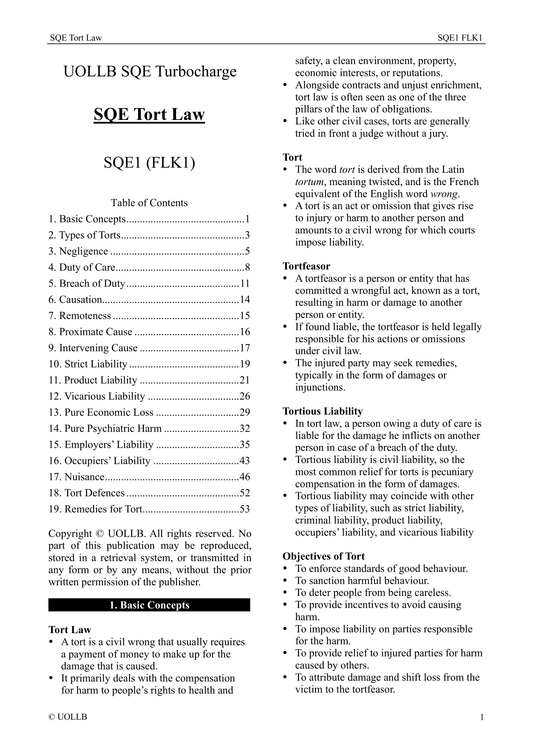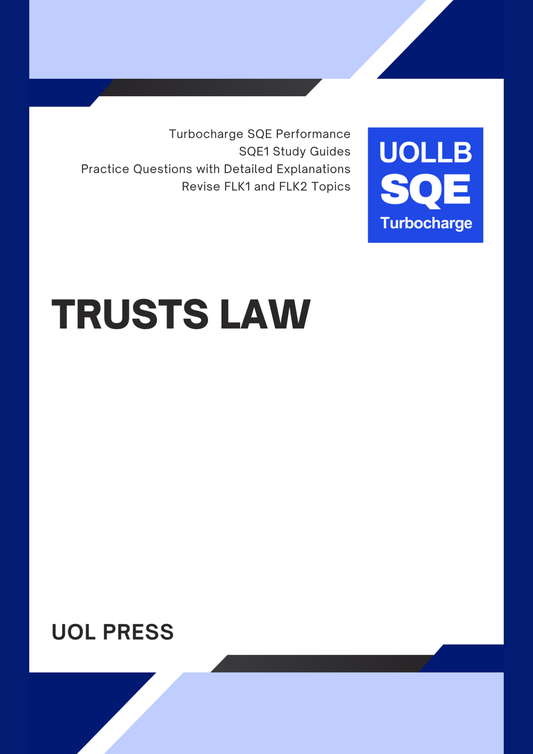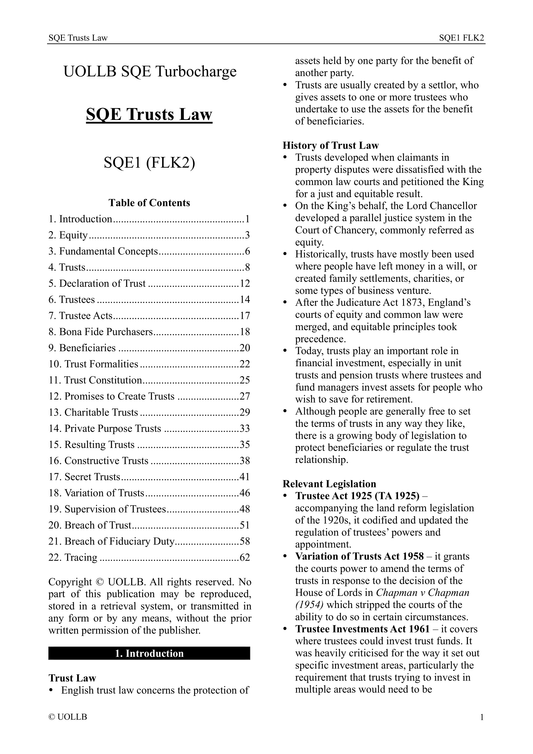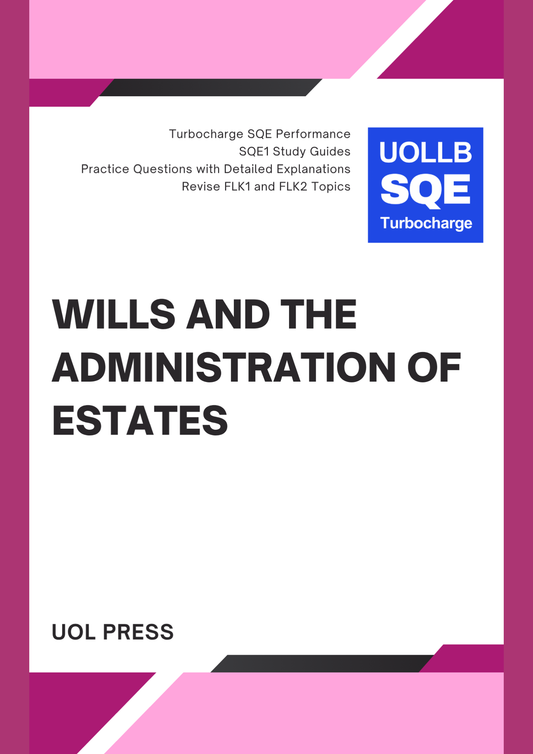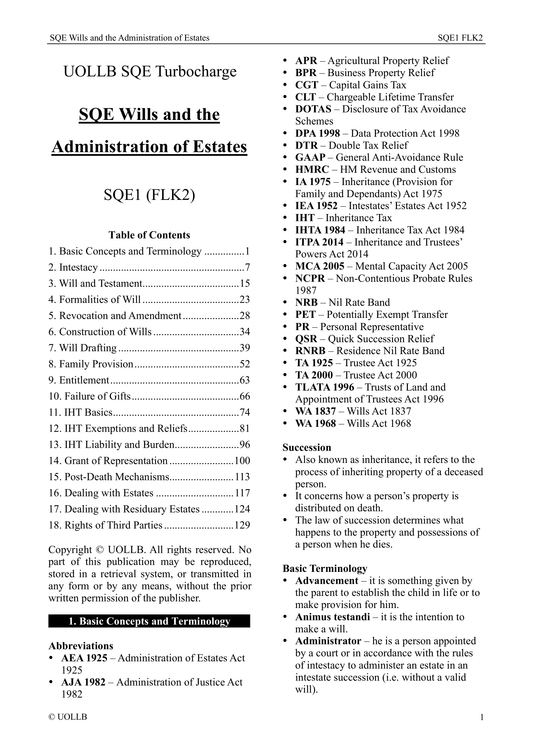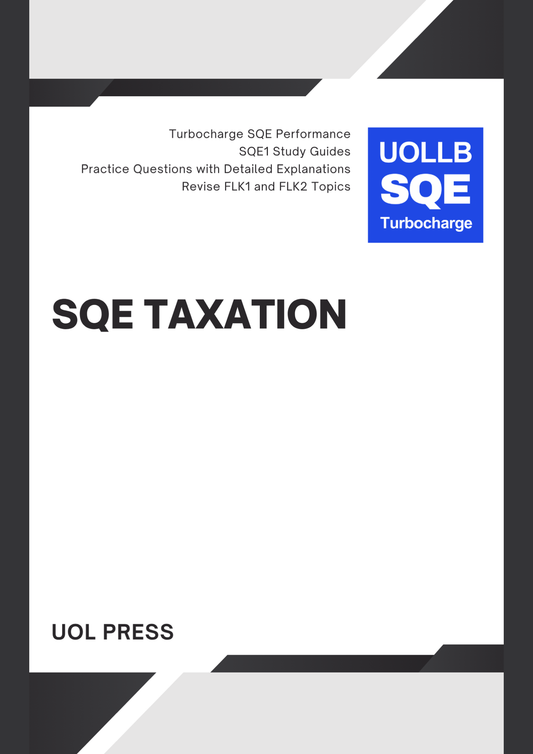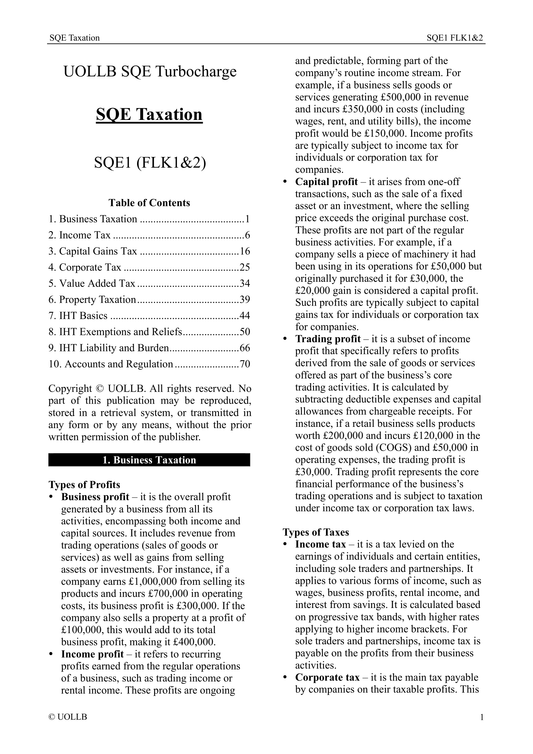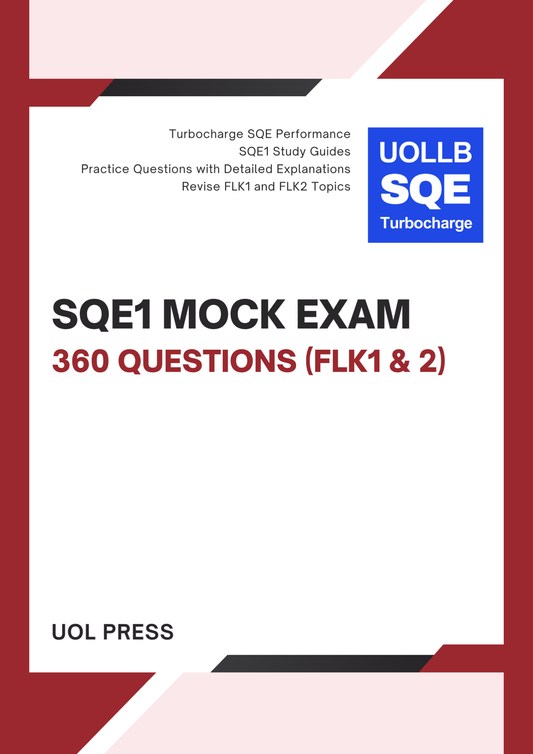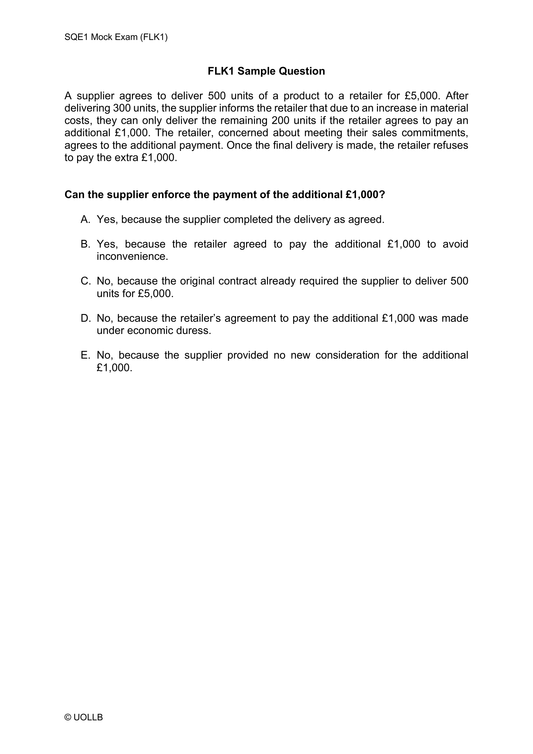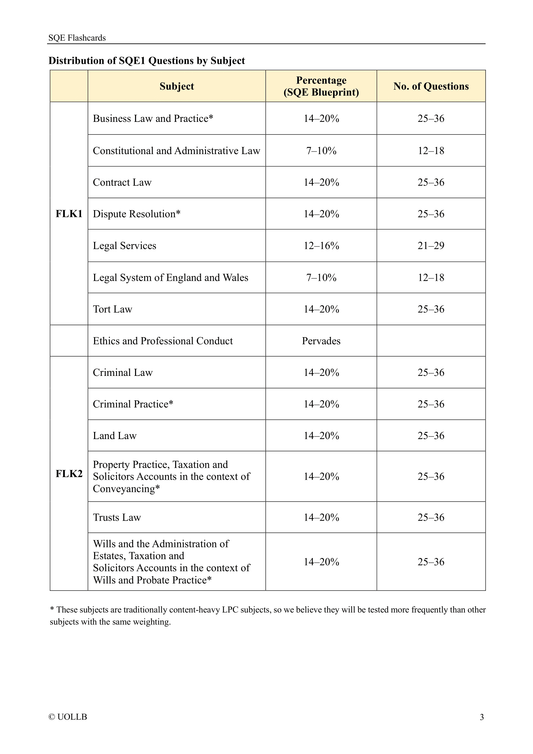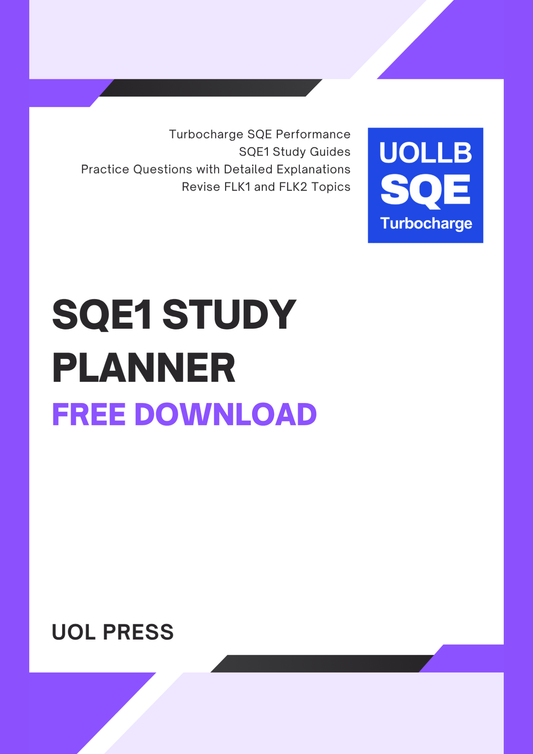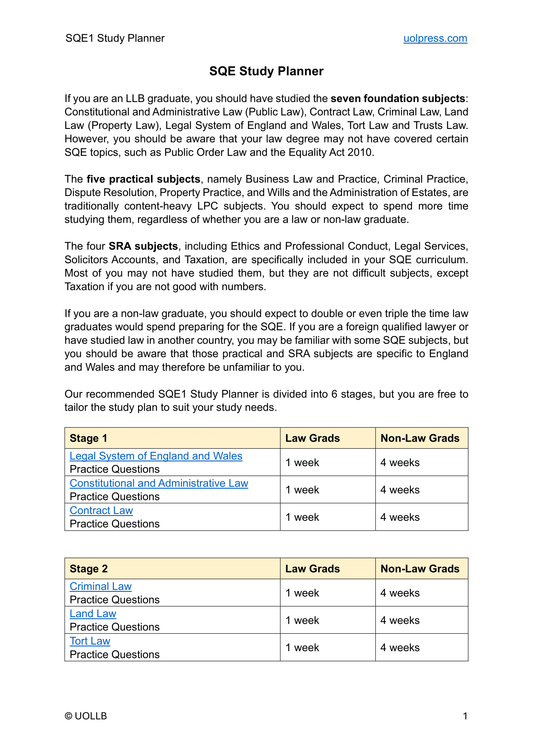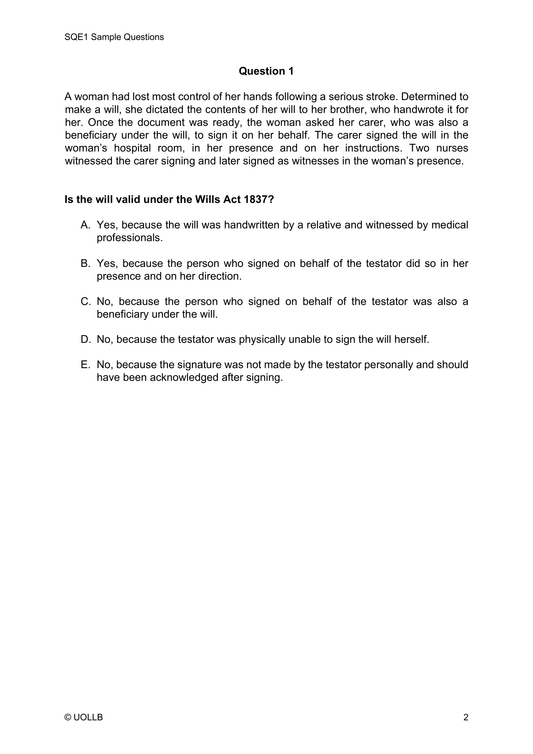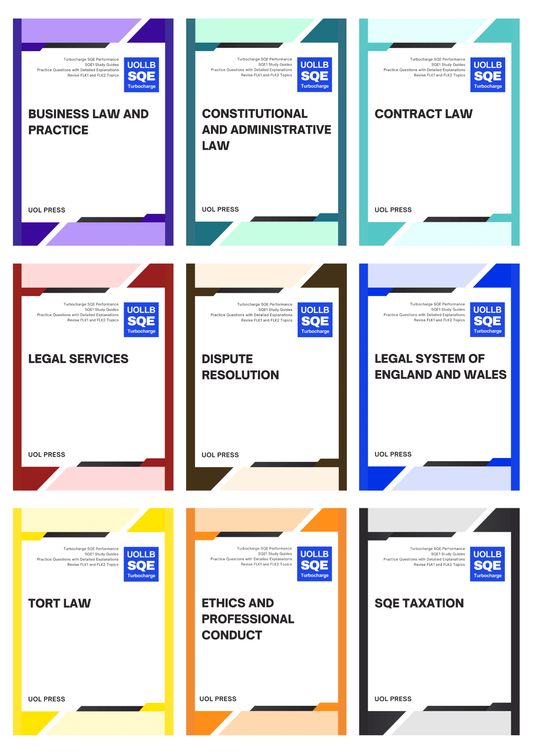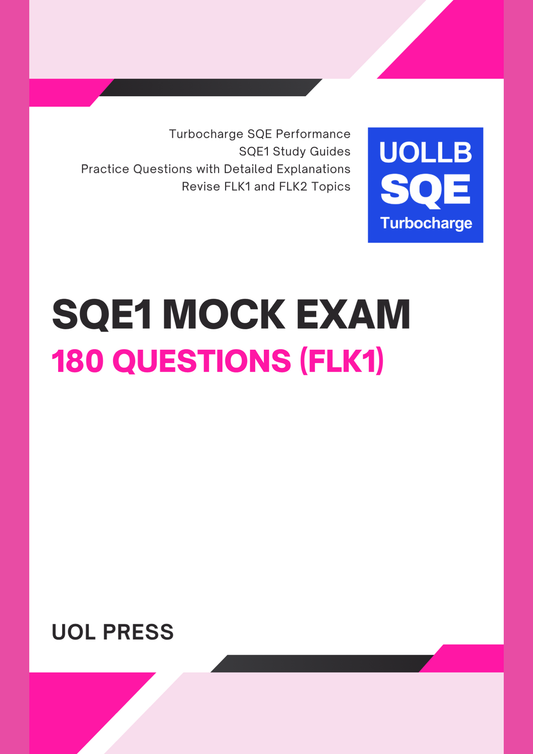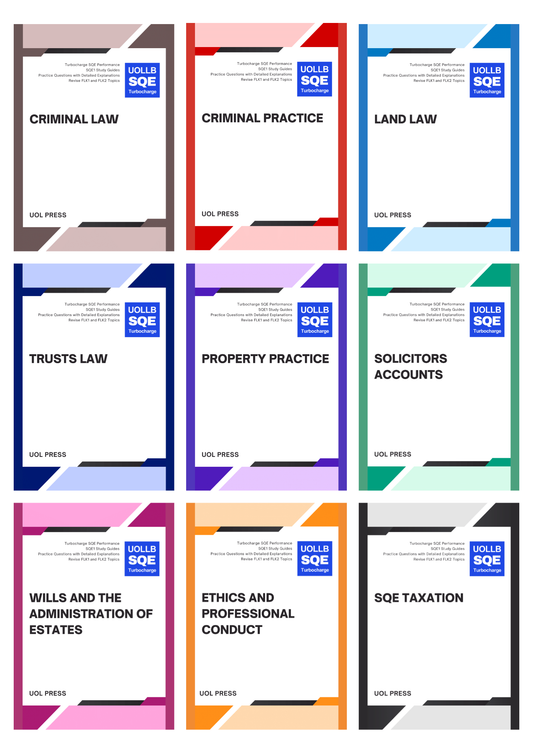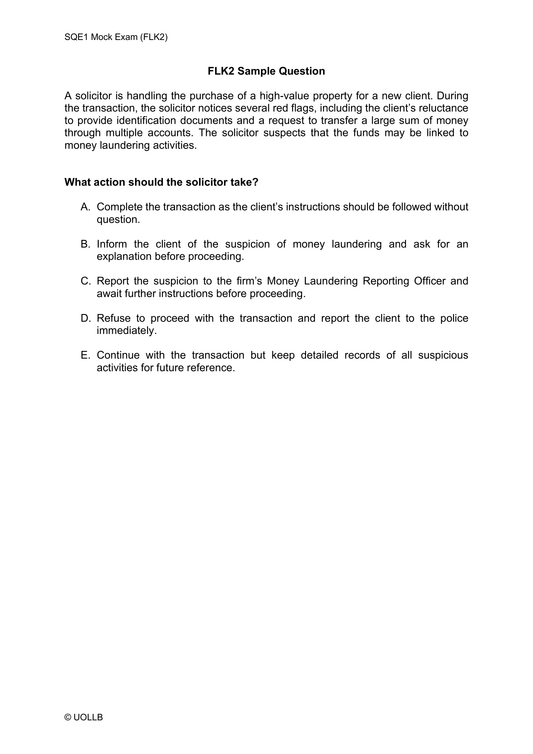Congratulations on Passing the SQE! What’s Next?
Share
If you have successfully passed both SQE1 and SQE2, congratulations on this significant achievement! However, the journey to becoming a qualified solicitor does not end here. Unless you have already completed two years of Qualifying Work Experience (QWE), this will be your next step before qualifying. QWE is a vital component of the SQE route, allowing you to gain practical legal experience while developing the skills and competencies required of a solicitor.
The good news is that you don’t need to wait until you pass SQE1 to begin acquiring QWE. As long as your legal work experience is confirmed and signed off by a solicitor or a Compliance Officer for Legal Practice (COLP), it can count towards the required two years. This means that if you have gained experience at legal clinics, law centres, law firms, or other organisations where you can demonstrate at least two of the 18 solicitor competencies across the four key areas defined by the Solicitors Regulation Authority (SRA), that time can be credited. For some candidates, this flexibility allows them to qualify as solicitors immediately after passing SQE2, particularly if they have been working in the legal industry as paralegals or legal executives.
One of the key advantages of QWE is its flexibility compared to the traditional training contract route. Unlike the training contract, which is often difficult to secure and highly competitive, QWE allows candidates to gain experience in various settings and can be completed on a part-time basis or even overseas. This flexibility has opened doors for many aspiring solicitors who previously struggled to qualify due to the rigid and limited nature of training contracts. For those already working in the legal field, QWE offers a pathway to qualification that aligns with their existing roles and experience.
However, there is one significant limitation to keep in mind. QWE can only be accumulated at a maximum of four separate organisations. This means that if you have already worked at three organisations, your final placement must be carefully chosen to ensure you meet the full two-year requirement. In some cases, this might mean staying in a challenging work environment longer than planned, especially if it is your fourth and final organisation.
In summary, QWE provides a more accessible and flexible route to qualification as a solicitor, particularly for those already working in the legal industry. With proper planning and verification, it allows candidates to gain the necessary experience in diverse environments while avoiding the traditional barriers of the training contract system. If you are strategic about your QWE placements and ensure they are confirmed by an authorised solicitor or COLP, you will be well on your way to completing the final step in your journey to qualification.
The good news is that you don’t need to wait until you pass SQE1 to begin acquiring QWE. As long as your legal work experience is confirmed and signed off by a solicitor or a Compliance Officer for Legal Practice (COLP), it can count towards the required two years. This means that if you have gained experience at legal clinics, law centres, law firms, or other organisations where you can demonstrate at least two of the 18 solicitor competencies across the four key areas defined by the Solicitors Regulation Authority (SRA), that time can be credited. For some candidates, this flexibility allows them to qualify as solicitors immediately after passing SQE2, particularly if they have been working in the legal industry as paralegals or legal executives.
One of the key advantages of QWE is its flexibility compared to the traditional training contract route. Unlike the training contract, which is often difficult to secure and highly competitive, QWE allows candidates to gain experience in various settings and can be completed on a part-time basis or even overseas. This flexibility has opened doors for many aspiring solicitors who previously struggled to qualify due to the rigid and limited nature of training contracts. For those already working in the legal field, QWE offers a pathway to qualification that aligns with their existing roles and experience.
However, there is one significant limitation to keep in mind. QWE can only be accumulated at a maximum of four separate organisations. This means that if you have already worked at three organisations, your final placement must be carefully chosen to ensure you meet the full two-year requirement. In some cases, this might mean staying in a challenging work environment longer than planned, especially if it is your fourth and final organisation.
In summary, QWE provides a more accessible and flexible route to qualification as a solicitor, particularly for those already working in the legal industry. With proper planning and verification, it allows candidates to gain the necessary experience in diverse environments while avoiding the traditional barriers of the training contract system. If you are strategic about your QWE placements and ensure they are confirmed by an authorised solicitor or COLP, you will be well on your way to completing the final step in your journey to qualification.

